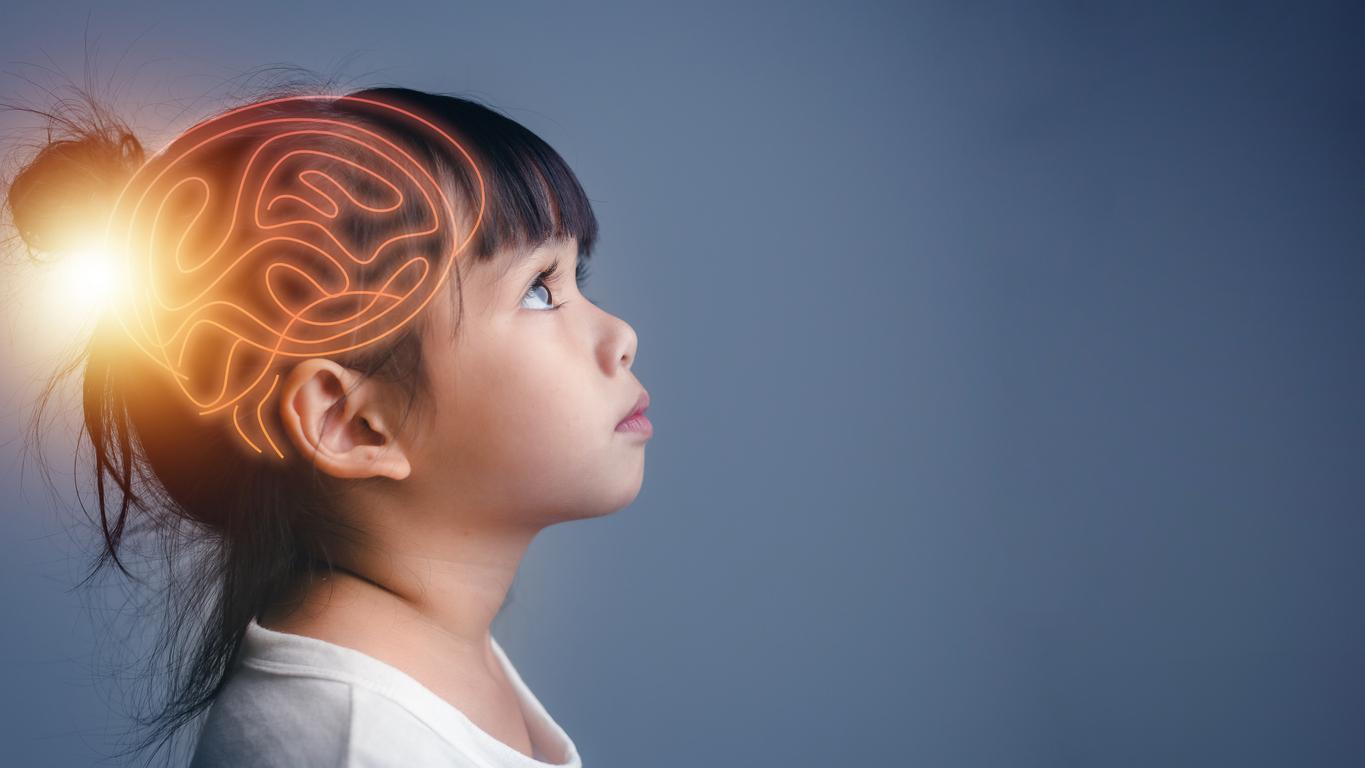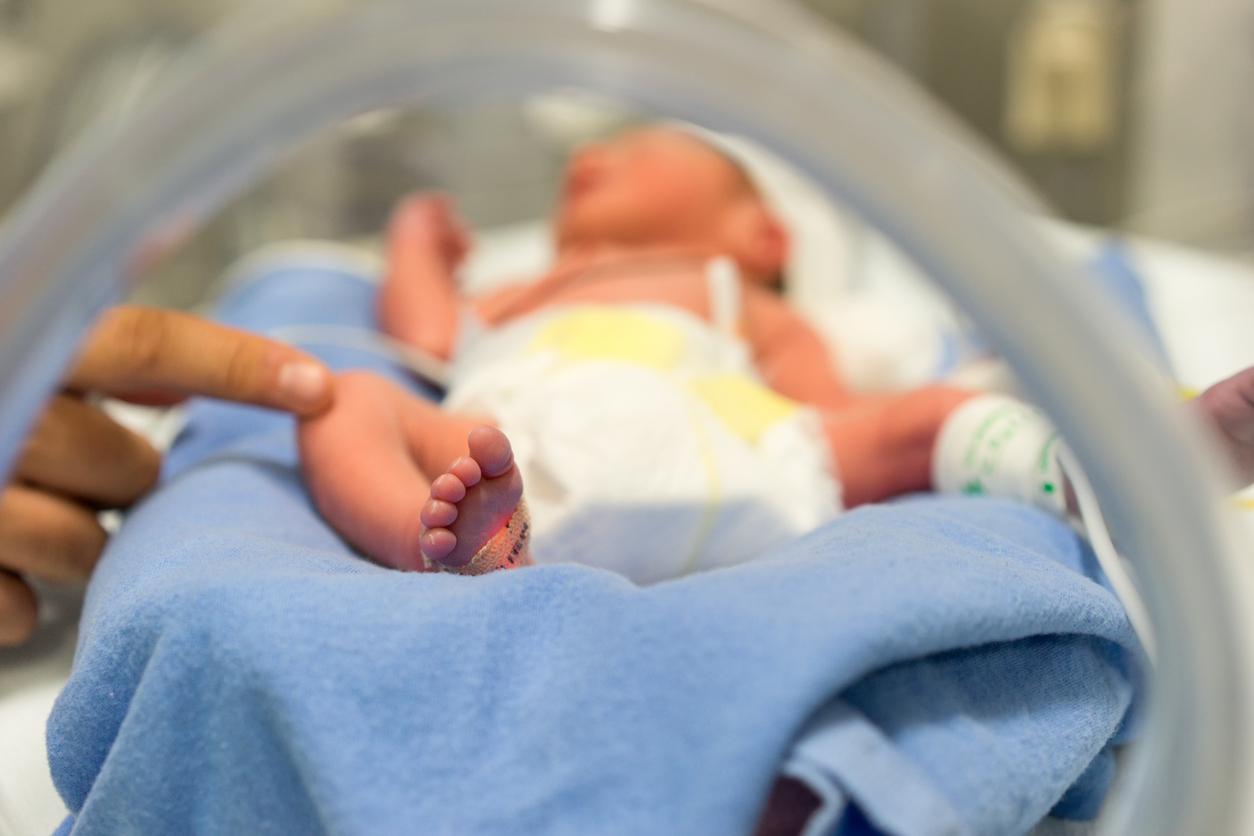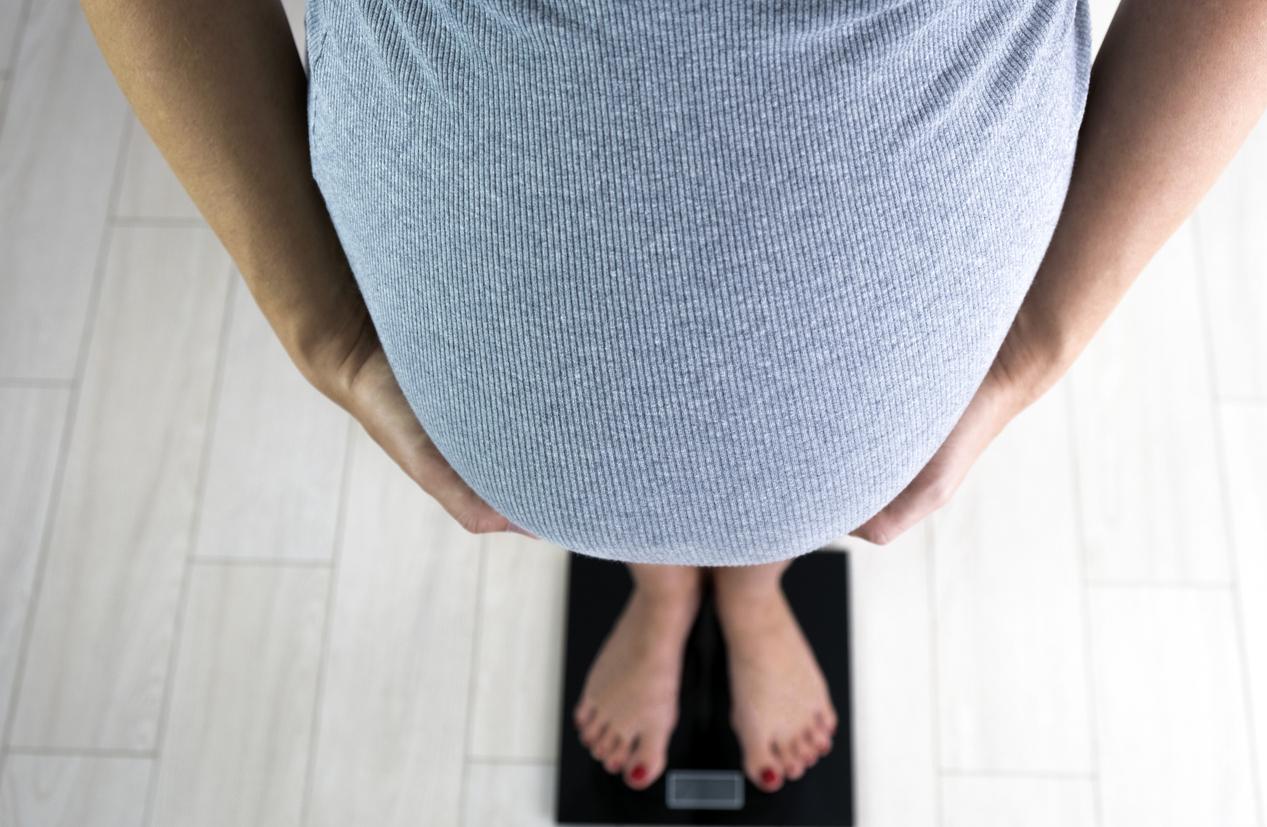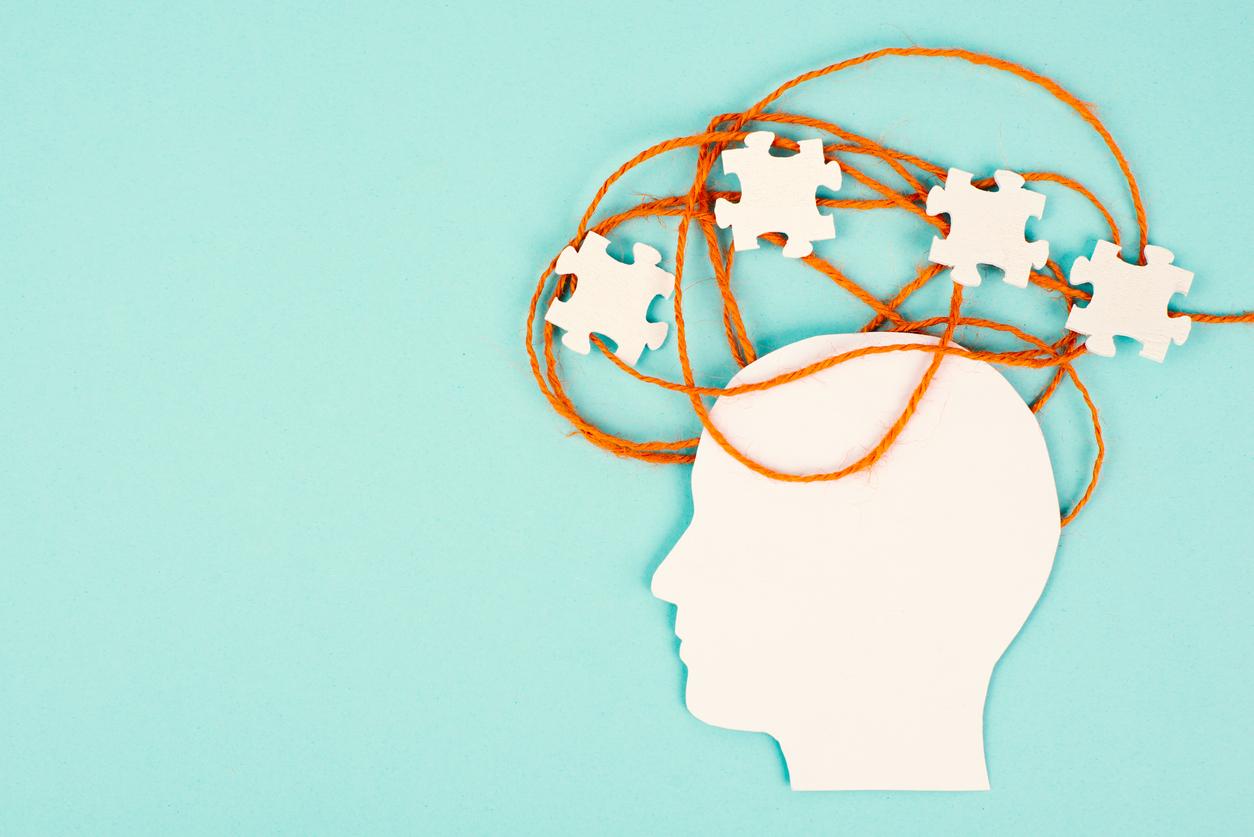As many as 25% of adults suspect they may have attention deficit hyperactivity disorder (ADHD) that has never been diagnosed, according to a survey of the American population.

- 25% of adults now suspect they may have undiagnosed ADHD, according to a survey of some 1,000 Americans aged 18 or older. Yet only 13% of survey respondents say they have shared their suspicions with their doctor.
- A worrying proportion, according to mental health experts, who point out the risks of self-diagnosis and inappropriate treatment.
- “An estimated 4.4 percent of adults ages 18 to 44 have ADHD,” but the disorder can be difficult to diagnose in adults because its symptoms can be confused with other disorders such as ADHD. anxiety or depression.
Affecting approximately 5% of the school population, attention deficit disorder with or without hyperactivity (ADHD) is generally considered a childhood illness. But “More and more adults are realizing that their difficulties concentrating, paying attention and fidgeting could be signs of an undiagnosed disorder, thanks in part to social media where videos on the subject accumulate millions of views “.
So much so that 25% of adults now suspect that they may suffer from undiagnosed ADHD, according to a survey carried out by researchers at Ohio University (United States) among some 1,000 older Americans. 18 years or older. Yet only 13% of survey respondents say they have shared their suspicions with their doctor. A worrying proportion, according to mental health experts, who point out the risks of self-diagnosis and inappropriate treatment.
Nearly 1 in 20 adults have ADHD
“Anxiety, depression and ADHD may look similar, but inadequate treatment can make the situation worse instead of improving the person’s well-being and ability to function.”explains psychologist Justin Barterian, who led the work, in a press release.
“It is estimated that about 4.4% of adults aged 18 to 44 have ADHD, although many are not diagnosed until later in life.”recalls the study. Often, adults discover their own condition after their children have been diagnosed, highlighting the highly hereditary aspect of this disorder. The results also show that younger generations are more likely to suspect undetected ADHD, and also more willing to seek professional help.
Researchers invite those who recognize themselves in symptoms mentioned online to consult a doctor or mental health specialist for a proper diagnosis, and not to rely solely on information gleaned from social networks. .

A diagnosis confused in adults with anxiety and depression
ADHD in adults manifests itself as “difficulties with attention, hyperactivity and impulsivity severe enough to disrupt daily life at university, work or at home”. Symptoms which are often present since childhood and persist over time. While hyperactivity tends to decrease with age, memory and concentration problems often become more pronounced, especially in times of stress or increased pressure.
ADHD can be difficult to diagnose in adults because its symptoms can be confused with other disorders such as anxiety or depression. Not to mention that “symptoms can be different depending on the person”note the scientists. Some may have difficulty following a conversation, others struggle to stay organized or focused during conferences. This is why a diagnosis by a healthcare professional is crucial.

















